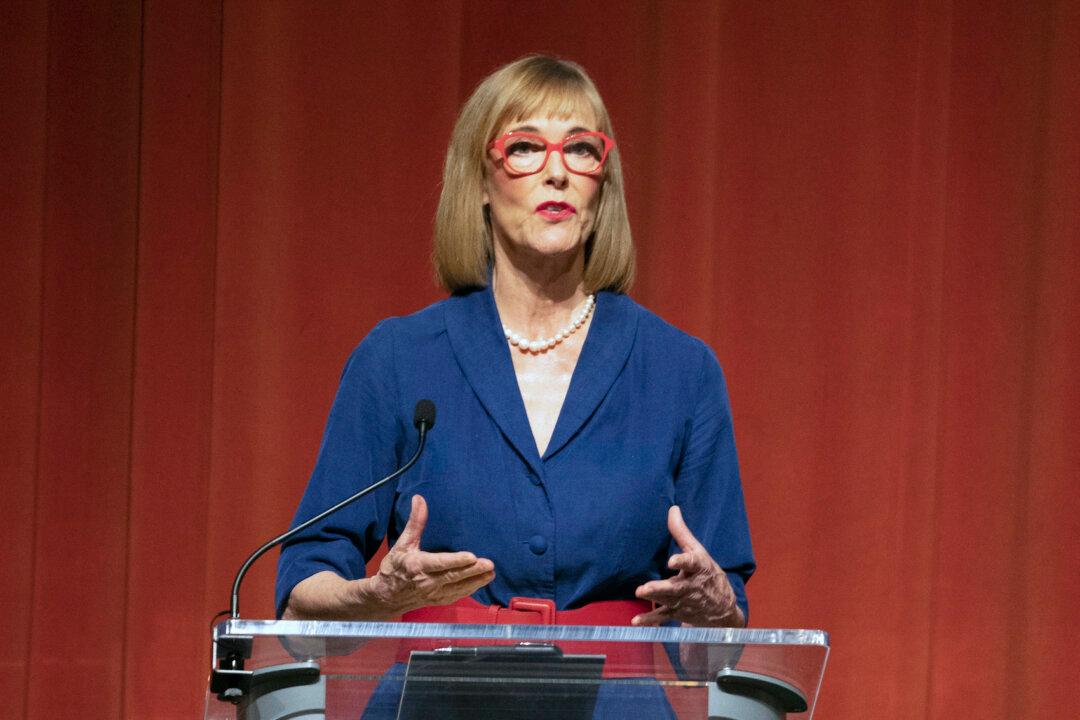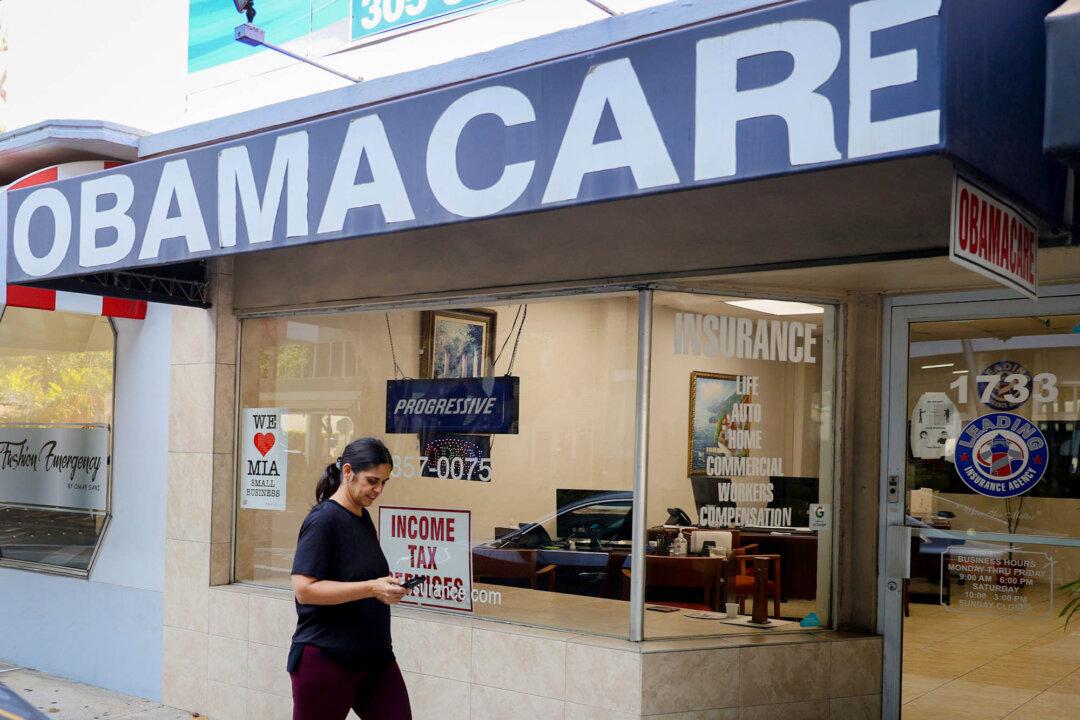INDIANAPOLIS—Five of six Republican gubernatorial candidates engaged in a spirited debate on April 22, two weeks before the primary election that could determine the next governor of this reliably red state.
Present were Lt. Gov. Suzanne Crouch, businessmen Brad Chambers and Eric Doden, both former secretaries of commerce for Indiana, former Attorney General Curtis Hill, and political newcomer Jamie Reitenour. Frontrunner Sen. Mike Braun (R-Ind.) was absent from the stage, having bowed out to participate in a Senate vote the same day.





